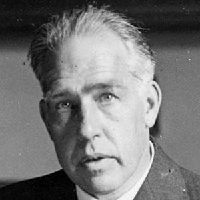Rachel Carson MBTI Personality Type
Personality
What personality type is Rachel Carson? Rachel Carson is an INFJ personality type in MBTI, 1w9 - - in Enneagram, RCOAI in Big 5, in Socionics.
➼ “The more clearly we can focus our attention on the wonders and realities of the universe about us, the less taste we shall have for destruction.” This quote along with her works shows how she perceives these abstract connections in nature (Ni) and her desire to protect the harmony and balance that these connections create (Fe). In her book "The Edge of the Sea", she mentions how she perceives "the fabric of life" by which one creature is linked with one another and its surroundings. The Ni also shows in her need to deepen her knowledge in nature since she was a child, apparently she “would explore the natural areas around her childhood home, and her drive for intellect as well as love for literature motivated her to read widely and continue to study nature, especially the ocean.” ➼ “In nature, nothing exists alone.” This type of quote permeate all of her works that further prove her perception of potential, conceptual connections that exist in nature. ➼ “This pollution is for the most part irrecoverable; the chain of evil it initiates not only in the world that must support life but in living tissues is for the most part irreversible. In this now universal contamination of the environment, chemicals are the sinister and little-recognized partners of radiation in changing the very nature of the world-the very nature of its life.” Notice the way she chooses to describe contamination as “evil” and chemicals as “sinister”. She takes a normative standpoint, in which the criteria it’s the disruption of nature’s harmony and so would suggest Fe. Fe perceives things but in terms of the sentiments they elicit, meaning there is an “involuntary inclination to perceive objects as sentient beings to be sympathized with”. This a recurring topic in her works, particularly in her book “The Edge of the Sea” since her mentality when writing it was her wish to “take the seashore out of the category of scenery and make it come alive” and to establish an ecological approach (which back then was a novelty). ➼“Contemplating the teeming life of the shore, we have an uneasy sense of the communication of some universal truth that lies just beyond our grasp. What is the message signaled by the hordes of diatoms, flashing their microscopic lights in the night? What truth is expressed by the legions of the barnacles, whitening the rocks with their habitations, each small creature within finding the necessities of its existence in the sweep of the surf? And what is the meaning of so tiny a being as the transparent wisp of protoplasm that is a sea lace, existing from some reason inscrutable to us — a reason that demands its presence by the trillion amid the rocks and weeds of the shore? The meaning haunts and ever eludes us, and in its very pursuit we approach the ultimate mystery of Life itself.”- Silent Spring Again, huge Ni dom, following the typical Ni dom monologue of “everything is interconnected and I must determine the meaning and implication behind those connections”.
Biography
Rachel Louise Carson (May 27, 1907 – April 14, 1964) was an American marine biologist, author, and conservationist whose book Silent Spring and other writings are credited with advancing the global environmental movement. Carson began her career as an aquatic biologist in the U.S. Bureau of Fisheries, and became a full-time nature writer in the 1950s. Her widely praised 1951 bestseller The Sea Around Us won her a U.S. National Book Award, recognition as a gifted writer, and financial security.
Related Personalities
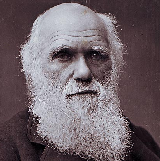
Charles Darwin
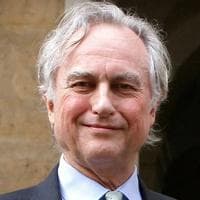
Richard Dawkins

Avicenna / Ibn Sina
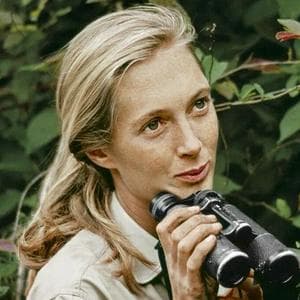
Jane Goodall
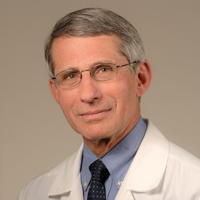
Anthony Fauci

Florence Nightingale

Louis Pasteur

Alexander Fleming


